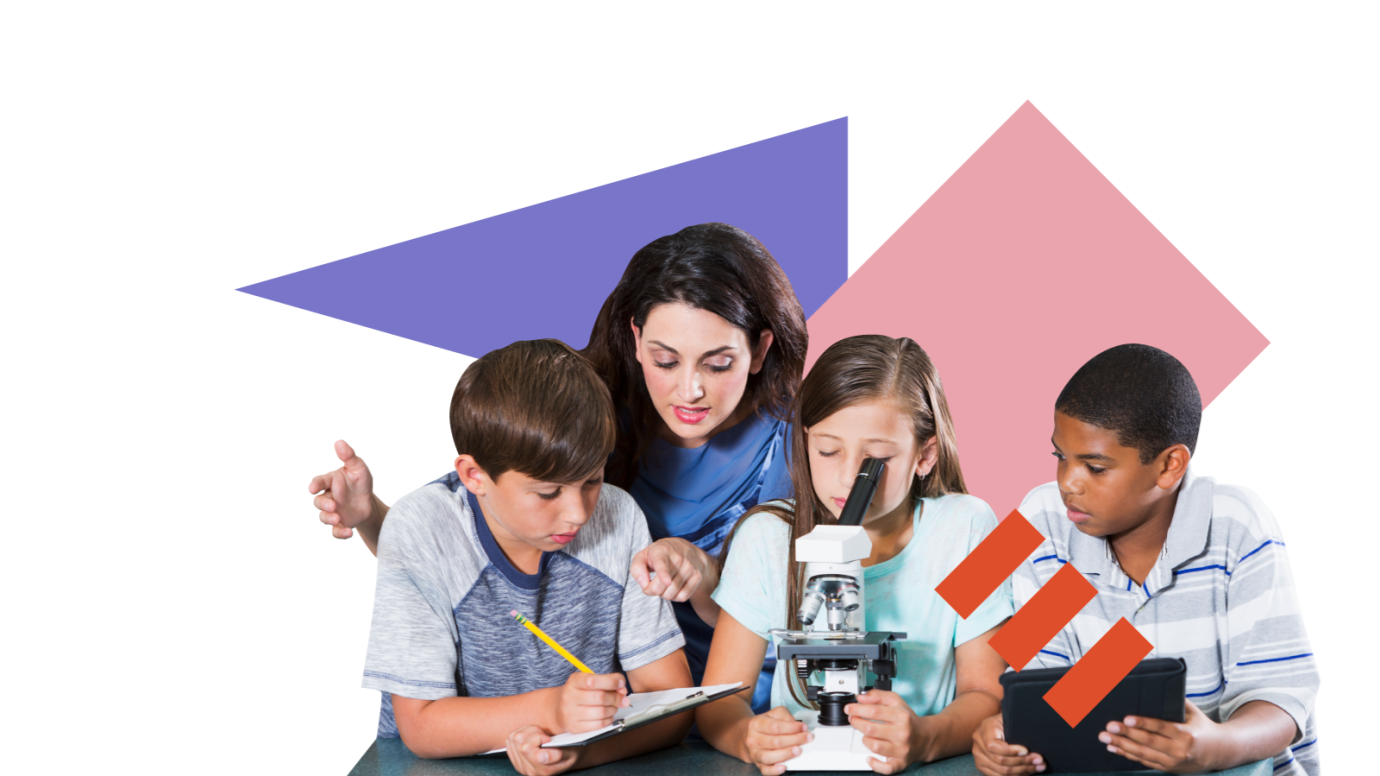Report of PISA 2022 study outlines worsening educational performance and deeper inequality
The European Commission has published a comparative report of the PISA 2022 study, with a focus on the EU perspective. This includes reports for each EU country.
The results are deeply worrying but not a complete surprise. They present challenges to both equity and excellence dimensions of the EU education systems. This situation may affect future EU competitiveness, as well as economic and social cohesion.

Key insights
The OECD Programme for International Student Assessment (PISA) measures competences in basic skills (mathematics, reading and science) of 15-year-olds across the world.
Compared to 2018 PISA results, the rate of underachievement has largely increased in mathematics and reading, and more moderately in science. This is the case for most EU countries.
Some key figures:
- 30% of EU students don’t reach a minimum proficiency level in mathematics and around 25% in reading and science
- almost 50% of all students from a disadvantaged background are underachieving in mathematics
- the share of top performers is steadily declining
Recent research at national level has shown that the Covid-19 crisis worsened educational outcomes and increased educational inequalities. This is also confirmed by the 2022 PISA results.
It is important to identify the full set of causes for these results, to further reflect and research, while considering the different specificities of our national education systems.
European Commission’s support for EU countries
The ambition of the European Education Area stresses the need to invest in knowledge, skills, and competences.
It is important to address the challenges outlines in the PISA study, and the European Commission stands ready to support EU countries in this process. The Recovery and Resilience Facility has already made available more than € 70 billion for investment in education and skills for the period 2021 to 2026.
In November 2022, the EU Education Ministers adopted a Council Recommendation on Pathways to School Success. The Recommendation proposes a new framework for systemic action which should inspire EU countries when developing their strategies towards school success.
Erasmus+ supports numerous cooperation partnerships addressing these challenges. Moreover, major research projects receive funding under the Horizon Europe work programme of Cluster 2 (culture, creativity and inclusive society) to address poor learning outcomes in basic skills. The work of the Learning Lab on Investing in Quality Education and Training will help improve the understanding of “what works” in fostering basic skills.
Last updated:


